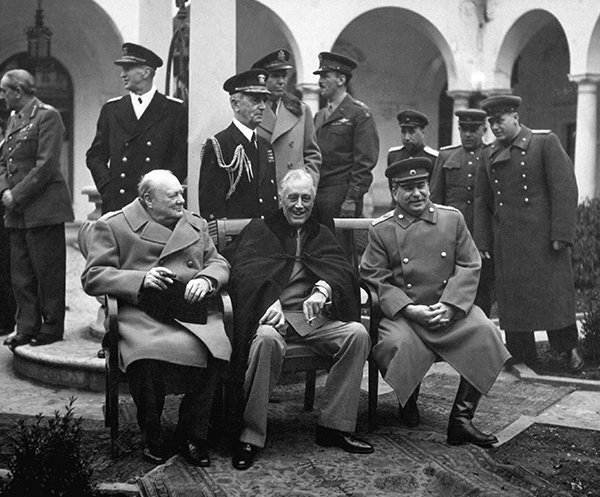Victors and Losers
Although they each had their own interests and agendas, the United States and its Western European allies worked together on a novel approach to dealing with defeated Axis powers, based on the Yalta and Potsdam accords.
-
The armies of the victorious Allies were now occupiers, taking control of Germany, Japan, and much of the territory they had ruled.
-
The United States took control of Japan and, in collaboration with the United Kingdom and France, Western Europe. The U.S.S.R. took control of Eastern Europe. Control of Germany was split into zones, with the U.S., the UK, and France taking what would become West Germany and the U.S.S.R. taking East Germany. The German capital of Berlin was also divided into four occupation zones, although the city itself was located within the Soviet-occupied East Germany.
-
In past wars, the winners often punished and humiliated the losers with far less justification than the horrors of the Nazi death camps or the Japanese sneak attack on Pearl Harbor.
-
While the U.S.S.R. pushed for reparations, demanding billions of dollars from former Axis countries, the U.S., Great Britain, and France took a different approach. Rather than punishing the defeated nations, as had happened in the Treaty of Versailles after World War I, the Western powers took responsibility for rebuilding these nations in the hope that they would rise again with the new spirit of freedom ingrained in their political, economic, and social cultures.
Take Notes
How were the actions of the victorious Allies in the aftermath of World War II different from those following previous conflicts?


